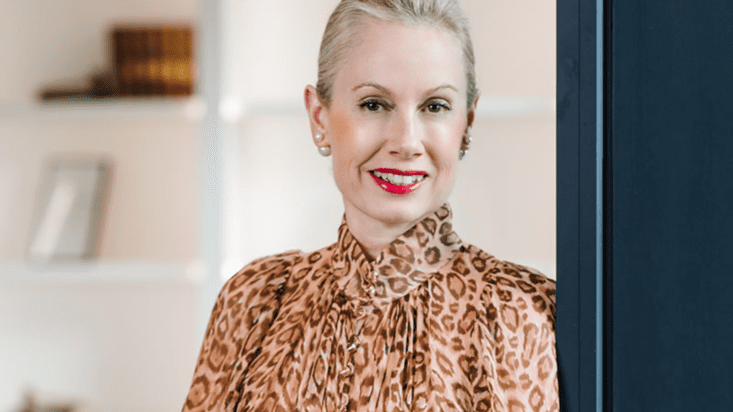$3.5 trillion wealth transfer disputes mean families need to think outside the box
The impending $3.5 trillion wealth transfer between wealthy boomers and their predominantly Gen X progeny will have untold benefits for a generation faced with high cost of living and steep hurdles getting into the housing market. Legacy gifts and bequeathments will also lead to some relationships becoming closer, as well as better financial protection among beneficiaries in years to come.
Yet such a significant tranche of capital changing hands will also bring challenges, with family conflict and even legal disputes set to escalate as complex family dynamics play an increased role in the estate planning landscape.
To alleviate the risk of conflict and confusion playing havoc with estate planning intentions and family dynamics, Foresters Financial predicts retirees will increasingly look to investment and education bonds as a safer and more effective set of vehicles to pass on their legacy to the next generation.
Complicated dynamics
Among the immense benefits of the burgeoning wealth transfer, Foresters writes in a recent whitepaper, there will “inevitably” be a downside.
“Conflict and disputes will eventuate, even with a carefully drafted will and meticulous estate planning,” Foresters states. “With many families now blended due to divorce and subsequent remarriage (with resulting second families), there is every likelihood of an escalating number of disputes over inheritances.”
The likelihood of more estate-related conflict is amplified by the fact that death is often a taboo subject for Australian families, with many people finding discussions about the future division of wealth among beneficiaries uncomfortable – especially when multiple beneficiaries are involved.
Further exacerbating these dynamics is that potential tax implications can eat into the wealth being transferred between generations; while superannuation passed on to dependents and children is generally tax free, that’s not automatically the case for non-dependents (generally adult children).
Underneath all the conflict issues and tax implications is an underlying lack of financial and investment knowledge among many Australians, which may exposed when only be exposed when a significant windfall is received.
The interesting alternatives
What this may mean is that alternatives to traditional estate planning become more prevalent, Foresters believes, with investment and education bonds casting several advantages.
“Investment bonds provide an interesting investment alternative for the many individuals and families that will benefit from any wealth transfer, especially for middle and high-income earners looking to minimise tax.
“This is because these bonds come with a 125 per cent Contribution Rule that allows the income component of any withdrawals from the investment fund after 10 years to be tax-free.”
Investment bonds can however give investors access to institutional grade investments, as well as tax-free withdrawals after the 10 year period has lapsed. They also sit outside estates so can’t be contested, are binding by default so cannot lapse, don’t require probate to mature and vest, and aren’t subject to any inheritance taxes. Ownership can be transferred at any time, and (unlike superannuation) there are no caps to the initial contribution amount.
Education bonds carry a host of tax benefits as well, but their most valued benefit is that they allow owners (typically grandparents) to quarantine the investment for education purposes only, with the money to be spent on schools fees, uniforms, books, accommodation and even extra-curricular activities such as music lessons or tutoring.
“Finally, they offer flexibility,” Foresters writes. “Ownership can be assigned or transferred at any time with no tax impact. It’s the same with beneficiaries, as well as there being no restrictions on non-dependents. They also have the capacity to potentially shield assets from creditors and enhance benefits or entitlements from Services Australia.”











